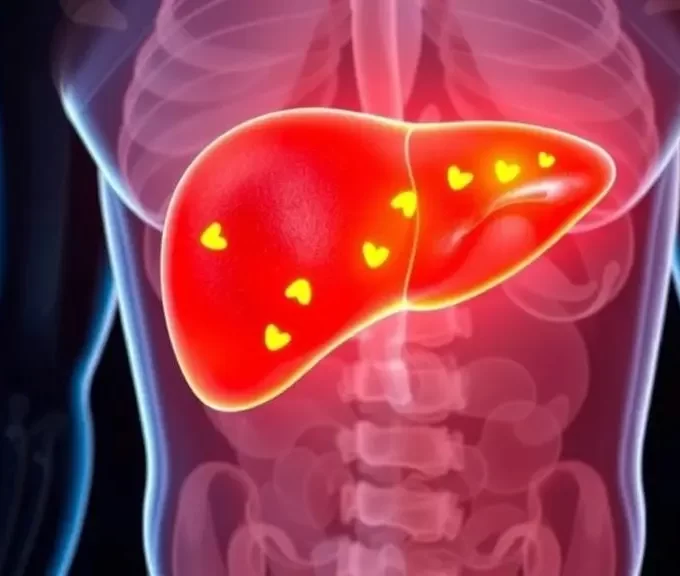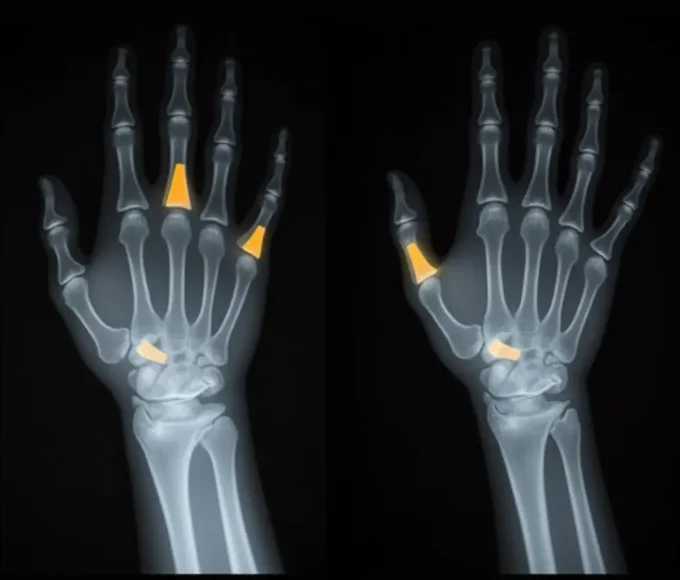Hepatitis B
Hepatitis is inflammation of the liver Most people have heard of the different types of hepatitis that are caused by viruses…
Hepatitis B Topic Overview
Hepatitis is inflammation of the liver . Most people have heard of the different types of hepatitis that are caused by viruses, such as hepatitis A, B, or C. However, hepatitis has many other causes, including some medications , long-term alcohol use, and exposure to certain industrial chemicals.
All types of hepatitis damage liver cells and can cause the liver to become swollen and tender. Some types can cause permanent liver damage. Viral hepatitis can spread from one person to another, but the other types cannot.
Hepatitis B is one of several forms of viral hepatitis . Your doctor can diagnose infection with Hepatitis B virus (HBV) by doing a blood test.
The Hepatitis B virus is spread from one person to another through body fluids, including blood, semen, and vaginal fluids (including menstrual blood). The virus can be passed from a mother to her newborn baby during delivery (perinatal transmission). However, most people in the United States acquire HBV infection as adolescents or adults.
Short-term (acute) infection usually goes away on its own without treatment. Some people have no symptoms. Most people who develop symptoms feel better in 2 to 3 weeks and recover completely after 4 to 8 weeks. Other people may take longer to recover.
Long-term (chronic) infection occurs when the Hepatitis B virus continues to be present in a person’s liver and blood for 6 months or more. Chronic infection can lead to serious liver diseases such as cirrhosis and liver cancer .
Chronic infection develops in up to 90% of children infected at birth, in 30% of children infected between the ages of 1 and 5, and in about 6% of those infected after age 5.1
Two medications are used to treat chronic HBV: interferon alfa-2b (an injection) and lamivudine (a pill). Each medication has advantages and disadvantages. Each is effective over the long term in less than half of the people who take it. Increasingly, hepatitis specialists are prescribing lamivudine rather than interferon because it is cheaper and has almost no side effects. For more information on both medications, see the Medications section of the topic.
Vaccination can prevent Hepatitis B infection; the vaccine is up to 95% effective. Although the vaccine is not widely used among adults, those at risk for infection should be vaccinated. Currently, 42 states require childhood immunization against hepatitis B.For more on Hepatitis B prevention, see the topics Immunizations and Sexually Transmitted Diseases .









